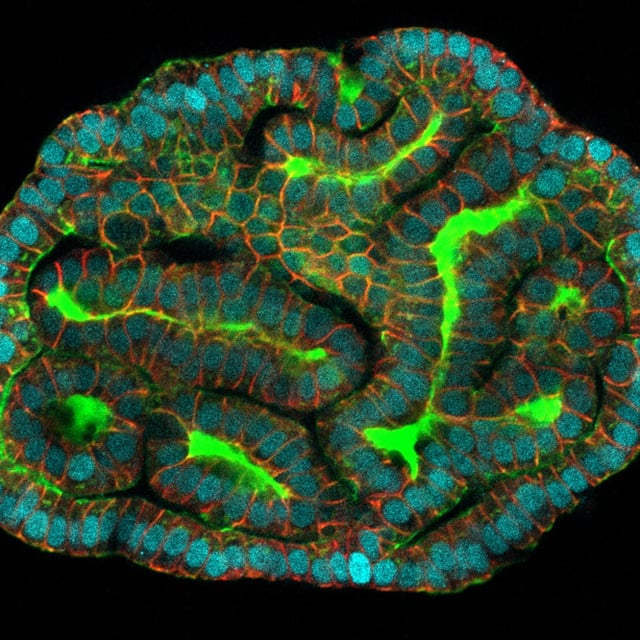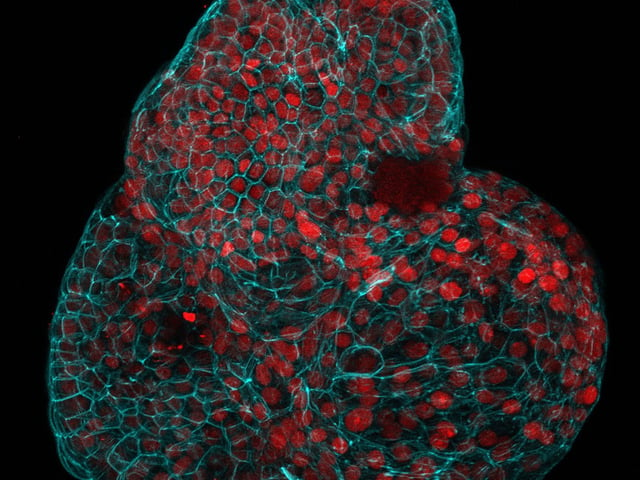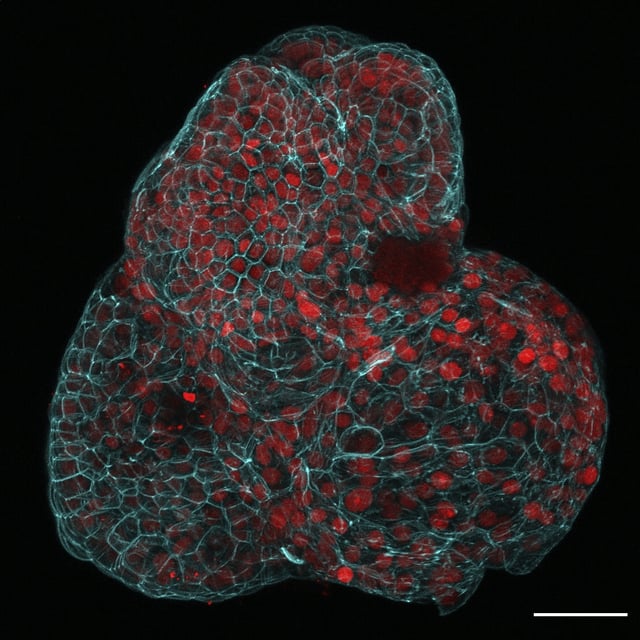Overview
- Researchers have developed a method to generate organoids from fetal cells found in amniotic fluid, offering a new avenue for studying fetal development and congenital diseases.
- The organoids, resembling mini lungs, kidneys, and intestines, were grown from epithelial cells collected during amniocentesis, avoiding ethical controversies associated with postmortem fetal tissue.
- This breakthrough allows for non-invasive access to the fetus, potentially improving prenatal diagnosis and treatment of conditions like congenital diaphragmatic hernia (CDH).
- The study suggests that these organoids could be used to monitor the effectiveness of experimental fetal therapies, such as treatments for CDH.
- Future applications may include using organoids for personalized medicine, testing medications in vitro before administering them to patients.



